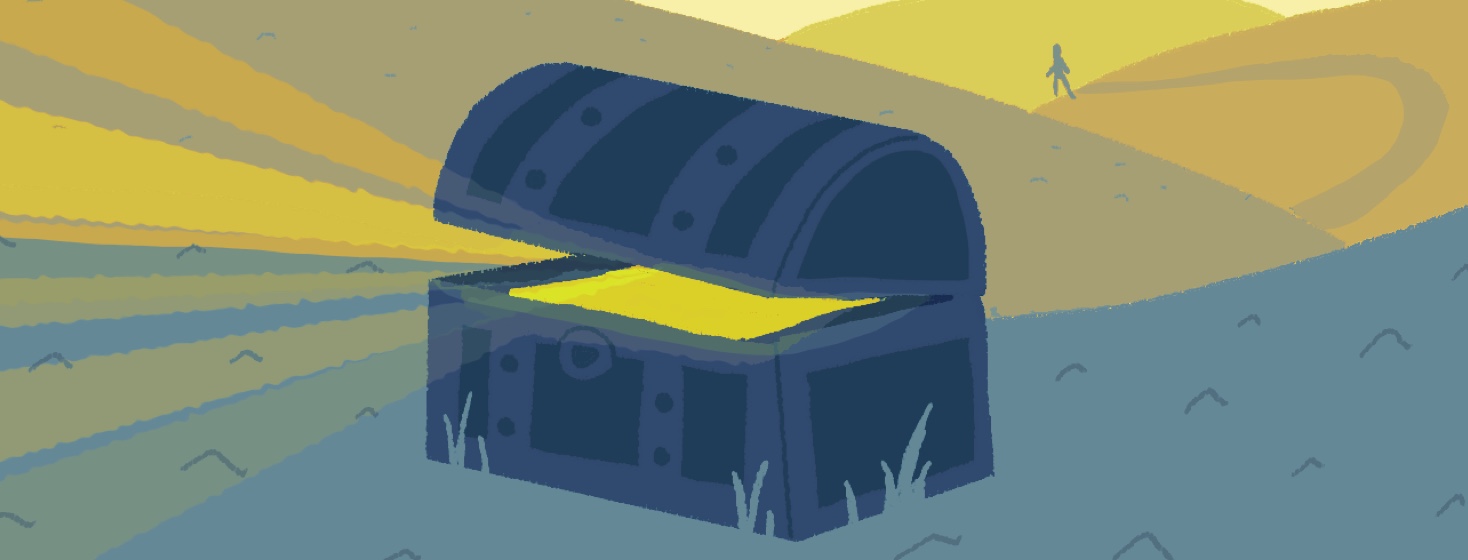The Fallible Caregiver Series: Helping Her Build a Legacy
I heard the results of a survey 25 years ago and it’s haunted me ever since. The survey results were said as part of a sermon I heard on a cassette tape that played on my yellow Sony Walkman, faithfully clipped to my belt. Remember those days? I remember nothing from the sermon, but I’ll never forget the results from the survey because even as a twenty-something, they rocked me and have guided me ever since.
50 people over the age of 90 were asked one question: if you could do your life over again, what would you do differently? Thinking back over their long life, three answers dominated as regrets.
First, they wished they had taken more risks in life. Looking back, they realized fear led them to play it safe, but they also realized had they taken those risks and gone for it, even had they failed, it wouldn’t have been a big deal. But had they succeeded, it could have changed everything.
Second, they wished they would have slowed down, thought more, and reflected more on what matters most in life. Life flew by and they bemoaned spending so much time invested in the trivial.
Third, they wished they would have done things that would live on after they die.
Holy cow! Those are some serious nuggets of wisdom. I want to focus on the third answer as it relates to caring for someone with stage four cancer.
Beefing up her resume
When Rebekah's re-diagnosis hit us just eight months into our marriage, I thought I’d be losing her within months. That’s what one oncologist told us. Seven years later, she’s almost cancer-free thanks to some other amazing doctors and a crap load of chemo and radiation.
Rebekah is not 90 years old. She’s not 50. Stage four cancer invaded her life at 27. In legacy building, her resume looked quite scant. Yet she’s such a remarkable girl that I wanted to do what I could to beef up that life resume.
My wife is quiet, shy, and never one to seek a spotlight, yet there is a lot going on up in her head and a bouquet of noteworthy qualities the world could benefit from. I knew I would need to push her into that spotlight, push her outside her comfort zone, and help her find her voice.
About a year into Rebekah’s re-diagnosis, my dad passed away from stage four stomach cancer. He’d left his house for my sister and me, and after its sale, we had a modest inheritance. I used a chunk of that money to fund the creation of our documentary, A Brave Hope. It’s the story of Rebekah’s life, character, and journey with cancer. It’s won awards in many film festivals around the country. We also created Rebekah’s Hope, which exists to help cancer fighters find hope through our authentic, hope-filled media.
Why it matters
I sat next to my dad during his last weeks alive and when he took his last breath. He chose not to fight his cancer and so he only lasted a year after his diagnosis. He never said it, but I know he didn’t want to exhaust the money he had left because he wanted to leave it to my sister and me. That’s the man he was. We (and his grandkids) were his legacy. He said to me, “I’ve lived a good life, I have no regrets, and I’m okay with going home.”
None of us know how long we have here. I often joke with Rebekah that the jury is still out which of us will die first. I may beat her there. But I know that dying with a ton of regrets is a horrible way to go, both for the one dying and those they leave behind. But the opposite is also true. Those who end life with loose ends tied up and a ripple effect of positive achievements can let go with peace.
Here are some ideas you can do to help your loved one create a legacy, whether they’re 25 or 95.
- Help them find their life purpose.
- Help them digitize old home videos, photos, reels, and more.
- Help your mom or dad create a book filled with their life stories.
- Help them write and publish their first book. Online you can find courses teaching newbies how to go from an idea all the way to a beautifully published book.
- Help them do something on their bucket list, something they've always wanted to do but didn't have the time, money, ability, or courage to do.
- Help them do something weighing on their heart, like start a non-profit, a charity, a special Facebook group, a support group, or start an online business.
- Help them reconnect with a distant relative or maybe help them find reconciliation with a parent, child, or friend.
How are you creating a legacy?

Join the conversation